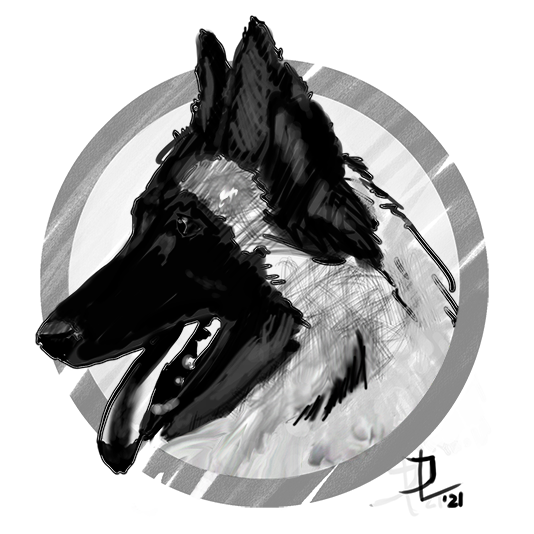About…
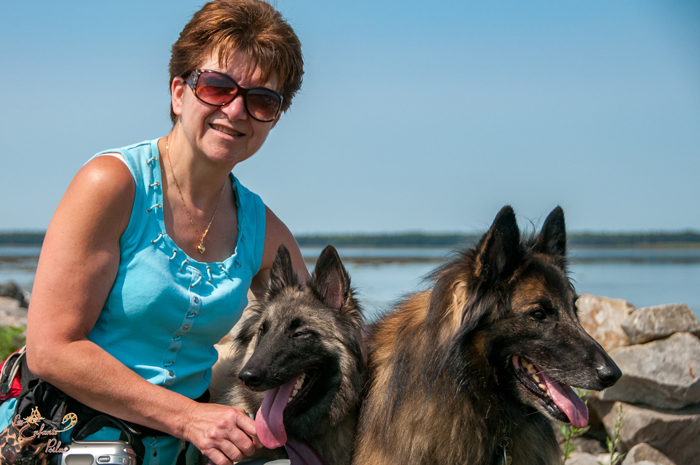
… me
We've own Belgian Shepherd since 1989. We've been involved in dog sports since that same year.
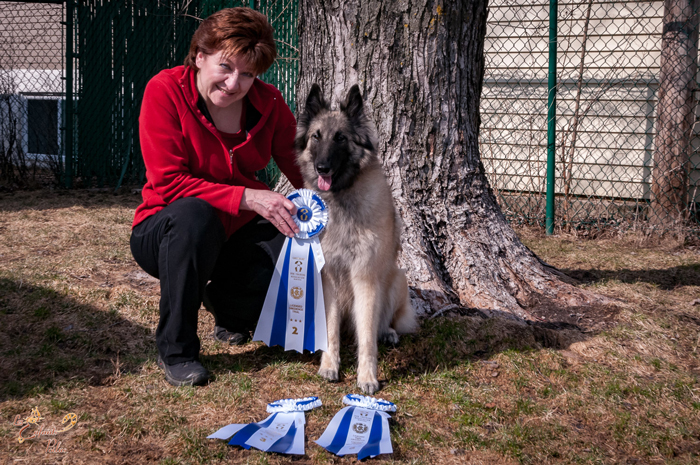
… why start breeding
I decided to embark on this beautiful project because of our youngest: BISS, MGP CKC GCH & MGP FCC CH Élite, ATCHC, Jaina Solo des Canis du Brabant, TT, HIC, PCD, CDX, RN, RI, CGN, AGXV, IPV, AGXJV, ETD, JTV, VE, VBI

… the Belgian Shepherd standard
It is in the standard that you will find more details about his Origin, his Temperament, the Required Activity Level, the size / weight, the coat / color and grooming.
About me (more)
We've had tervueren and groenendael, but our preference is the tervueren for the colour of his coat.
I am a member of the following clubs and associations:
 Canadian Kennel Club (CKC) since 1991
Canadian Kennel Club (CKC) since 1991 Belgian Shepherd Dog Club of Canada (BSDCC) since 1991
Belgian Shepherd Dog Club of Canada (BSDCC) since 1991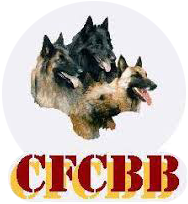 Club Français du Chien de Berger Belge (CFCBB) since 1993
Club Français du Chien de Berger Belge (CFCBB) since 1993 Club Canin Chomedey, Laval (CCC) since 1990
Club Canin Chomedey, Laval (CCC) since 1990 Agility Association of Canada (AAC) since 2017
Agility Association of Canada (AAC) since 2017 The Quebec Society for the Defense of the Animals (SQDA) since 1981
The Quebec Society for the Defense of the Animals (SQDA) since 1981 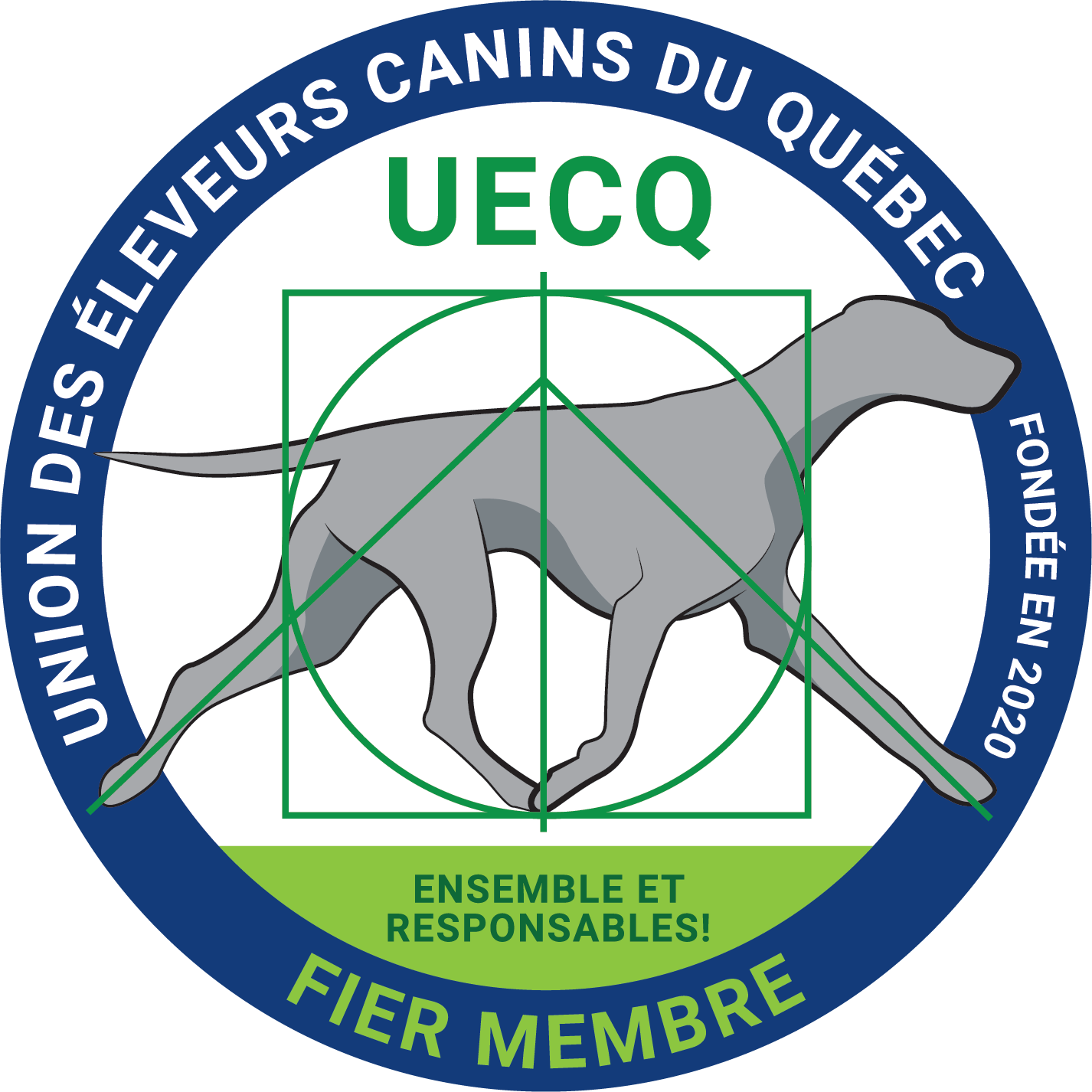 Union des éleveurs canins du Québec (UECQ) since it's creation
Union des éleveurs canins du Québec (UECQ) since it's creation
Why start breeding (more)
Jaina carries in her blood great European spawners, herself coming from the well-known kennel, des Canis du Brabant owned by Mrs. Virginie Thomas.
Jaina is a sweet energetic girl. She has titles in several disciplines, earning her the title of “Versatile Belgian” from the Belgian Shepherd Dog Club of Canada (BSDCC).
As she is also in very good health, I consider that she is an asset for the breed.
The choice to become a breeder must be a commitment that should not be taken lightly. First and foremost, one becomes a breeder for the sake of the chosen breed in order to improve the livestock and to bring the produced subjects to be as close as possible to the standard of the breed, while producing subjects in health as much physicaly as mentaly. It is also a commitment to future buyers to support them throughout the life of the produced dog. In addition, the first weeks of the puppies' life must be very rich in various stimuli to get a well balanced dogs that will be the pride of their buyer and the breeder of course!
When I decided to embark on this most serious project • after all it's not just any project, it's about giving birth to a living being • I wanted to be 100% available for the puppies. That's why I never thought of being a breeder as long as I worked full time. Putting puppies in the world and not having the time to spend as much time as possible would not have been fair to them and the future buyers. I do not mean that those who work full time are not good breeders. Far from this. But my career took up too much of my time. Some breeders are lucky enough to be able to work from home, bring their dog to work or simply be more available.
We use the «Puppy Culture» protocol to raise our puppies and provide them with an environment with the most enrichment, socialization and stimulation possible.
This will allow them to become physically and mentally balanced adults. We also use the technique of early neurological stimulation developed by Dr. Battaglia called «Bio-Sensor» and the olfactory stimulation developed by Avidog.
The Bio-Sensor technique provides the following benefits:
- Improved cardiovascular performance (Heart rate)
- A stronger heartbeat (contractility: N.D.T)
- More efficient adrenal glands
- Greater tolerance for stress
- Better resistance to infectious diseases.
We use the Breeder program of «Bain de Folie», a highly refined grooming salon in behavioral grooming. These sessions are fun and stimulating for puppies and introduce them to the many manipulations and noises related to grooming.
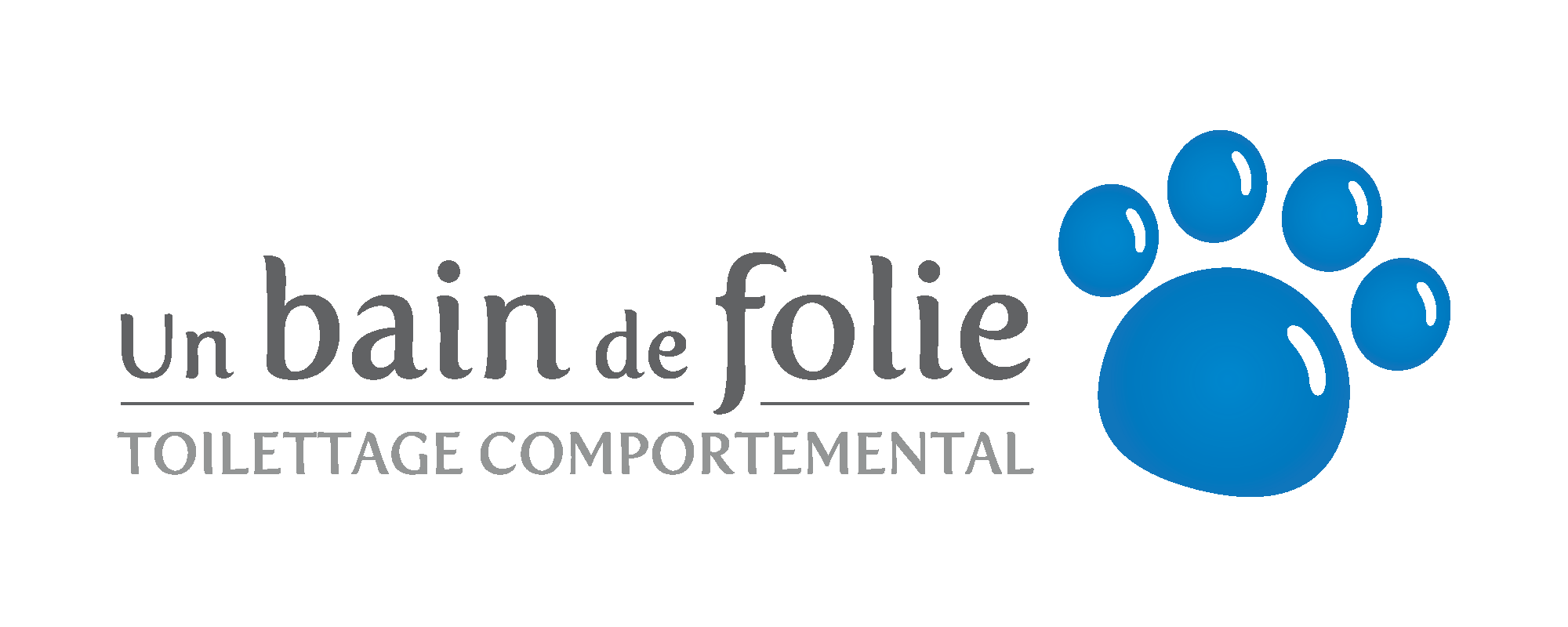
Puppies are sold with a non-breeding agreement. We are the ones who select the puppies for the families according to their temperament and abilities and thus allow the best possible match. Puppies will join their new family at the age of 10 weeks.
You are also entitled to 30 days of FREE pet health insurance, with Trupanion Insurance Company.
We are now members of the Mondou. «Breeder Club».
I therefore pledge to produce Belgian shepherds registered with the CKC, whose parents are in good health, well in their heads and excellent representatives of their breed.
Standard canadien du Berger Belge
For the full Canadian official standard
Origin
In the late 19th century, shepherd-dog fanciers met to determine the type and character of the breed to be known as the Belgian Shepherd Dog. Belgian breeders could agree on the conformation and talents required for a first-class herding dog but they differed on the proper coat. So we have a breed with four varieties of coat, each named for the area where that particular coat was favoured. Little was known of the Belgian Shepherd Dog in North America until after World War I when returning servicemen told stories of the breed’s records as messengers and Red Cross dogs.
Temperament
Noted for his intelligence and alertness, this is a breed with a strong devotion to its owner. The Belgian should be observant and vigilant with strangers but not apprehensive, nor should he display viciousness, fear or shyness. With those he knows, the Belgian is affectionate and friendly. In addition to his aptitude for guarding flocks, he displays a certain protectiveness of his owner and his property.
Activity Level
The standard of the breed calls for a dog that is “always in motion when not under command.” The Belgian has a strong desire to work and does especially well in obedience. Consistent and regular exercise is needed and appreciated.
Height/Weight
The average male will range from 24-26 in (61-66 cm) at the shoulder with females measuring 22-24 in (56-61 cm). A light-footed dog of elegant outline, the Belgian is neither bulky nor spindly but is well balanced throughout.
Coat
There are two long-haired varieties – the Tervuren and the Groenendael. The short-coated variety is known as the Malinois, while the rough-coated version is called the Laeken.
Colour
The long-haired Tervuren varies from rich fawn to russet mahogany to grey in colour with a black overlay. The coat is double-pigmented wherein the tip of each hair is darkened. The face has a black mask and the ears are mostly black. The long-coated Groenendael is completely black or black with small amounts of white on the forechest, tips of the hind toes and frost on the chin or muzzle. The short-coated Malinois also ranges from fawn to mahogany with a black overlay, mask and ears. The rough-haired Laeken may be light fawn to red brown in colour, but grey is also acceptable. Blackening may appear on the muzzle ears and tail.
Grooming
Grooming requirements vary with the length of coat. Since all varieties carry a soft undercoat as well as the harsher topcoat, it’s important to groom right down to the skin to prevent matting. In any case, a regular thorough brushing will add to the health and beauty of the coat.
